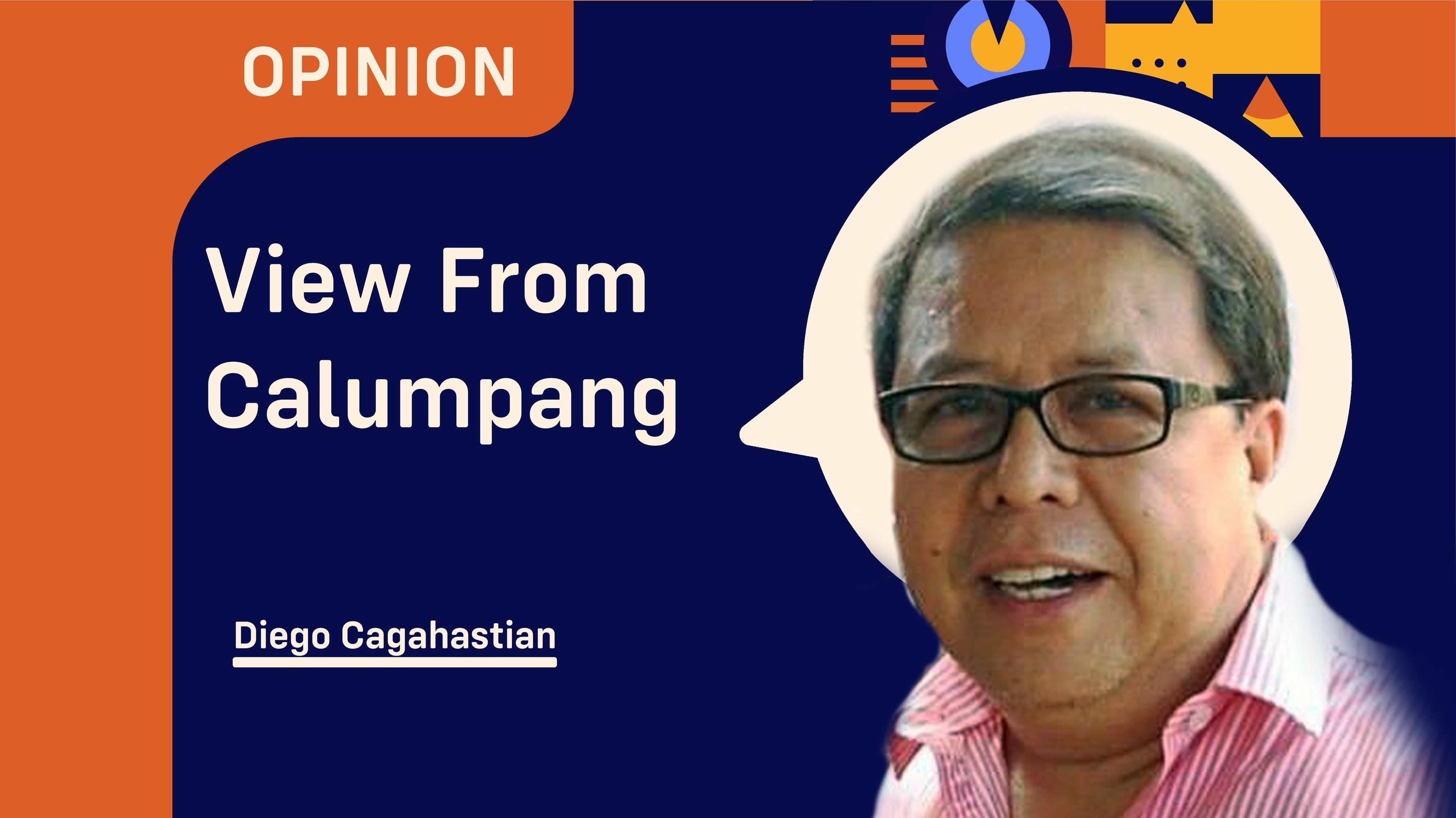The public hearings conducted by the Senate committee on foreign relations headed by Sen. Imee Marcos was quite an entertaining and edifying spectacle, thanks to the deft handling of the conversations by Imee Marcos, persistent questioning by Senator Bato dela Rosa, and the never-ending and evasive quibbling of the executive department officials.
In an earlier hearing, Sen. Bong Go pointed out that the committee’s efforts won’t amount to much because his boss, patron and mentor was already in jail in The Hague and under the jurisdiction of the International Criminal Court (ICC).
To this, Senator Imee disagreed, saying she, Bong Go and other supporters of the former President should not lose hope very early in the game. Also, the inquiry of the Senate committee is important because there are other warrants of arrest that might be issued by the ICC, this time against Senator Bato and other former officials of the Philippine National Police, also in connection with the implementation of the war on drugs of the Duterte administration.
This corner tends to support Senator Imee on her position on the matter.
—o0o—
Keen political observers have pointed out that while the BBM administration, specifically Justice Secretary Boying Remulla and President Bongbong himself, have insisted on not cooperating with the ICC and even denounced that this court’s prosecutorial initiatives infringes on the sovereignty of the country (which they do, of course), they have done a series of sinister moves to facilitate the arrest, detention, extradition and giving away of Duterte to the ICC in The Netherlands.
Former senator Antonio Trillanes was right all along when months before the arrest, he announced that ICC researchers and prosecutors were already here to do the job.
Sinister was one word that Police Maj. General Nicolas Torre repeatedly used during the Senate committee hearing, and it has become an apt adjective to describe the Philippine government’s handling of the Duterte case.
—o0o—
The Manila Times made an accurate coverage of the Duterte issue through an item about Kristina Conti, the ICC-accredited lawyer, who pointed out in an interview striking inconsistencies in the government's behavior.
My friend, reporter Franco Jose Baroña wrote: “While the Marcos camp has repeatedly emphasized its refusal to cooperate with The Hague-based tribunal, the abruptness of Duterte's arrest suggests a backdoor deal or, at the very least, silent acquiescence.”
Attorney Conti stressed that “this arrest would not have happened if the UniTeam [of the ruling coalition] were still intact. There were developments that pushed the Marcos government to pursue the case ... It's political convenience, brutally put."
Conti believes divisions within the "UniTeam" may have played a pivotal role. Once marketed as a symbol of post-pandemic political stability, the alliance has disintegrated fast, dividing the nation.
"There may have been negotiations with the arresting state," Conti said. "The ICC considers the probability of arrest as a major factor — and this one had a high probability. That doesn't happen in a vacuum."
Conti pointed out that this double game — denying cooperation while subtly facilitating justice — is emblematic of the Marcos administration's broader strategy: maintaining nationalist bravado for domestic audiences while avoiding international condemnation.
Government leaders and diplomatic officials, including statesmen, are known to master this aspect of governance.
#WeTakeAStand #OpinYon #OpinYonNews #OpinYonColumn #ViewfromCalumpang
